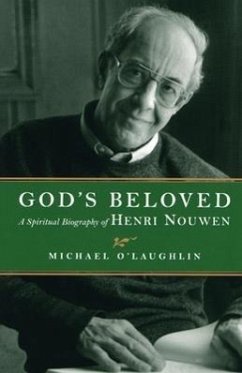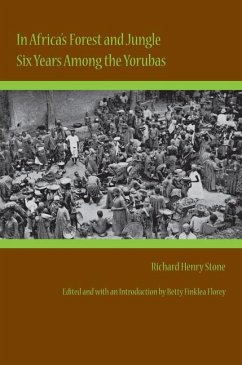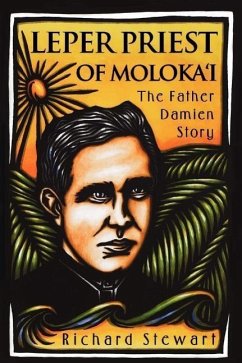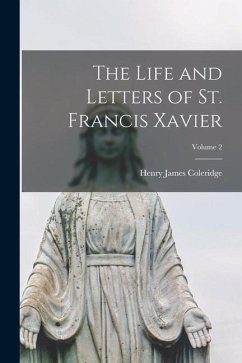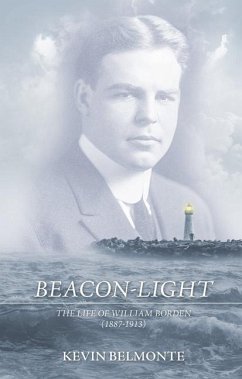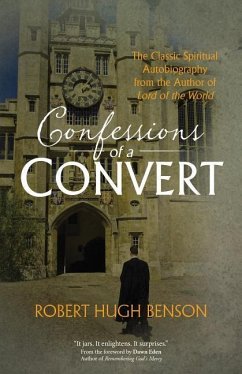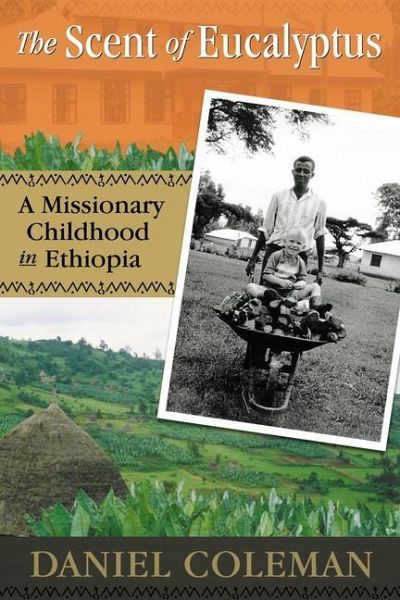
The Scent of Eucalyptus
A Missionary Childhood in Ethiopia
Versandkostenfrei!
Versandfertig in über 4 Wochen
19,99 €
inkl. MwSt.

PAYBACK Punkte
10 °P sammeln!
As the blond child of Canadian missionary parents, Daniel Coleman grew up with an ambivalent relationship to Ethiopia. He was obviously different from his playmates, but Ethiopia was his birthplace; he knew no other home. Like the eucalyptus, a tree imported to Ethiopia from Australia in the late nineteenth century to solve a firewood shortage, he and his missionary family were naturalized transplants. As ferenjie, they endlessly negotiated between the culture they brought with them and the culture in which they lived. Coleman's richly textured picture of missionary life transcends either-or a...
As the blond child of Canadian missionary parents, Daniel Coleman grew up with an ambivalent relationship to Ethiopia. He was obviously different from his playmates, but Ethiopia was his birthplace; he knew no other home. Like the eucalyptus, a tree imported to Ethiopia from Australia in the late nineteenth century to solve a firewood shortage, he and his missionary family were naturalized transplants. As ferenjie, they endlessly negotiated between the culture they brought with them and the culture in which they lived. Coleman's richly textured picture of missionary life transcends either-or analysis. His perceptive chapters touch on everything from the riot drills at his Addis Ababa boarding school to the paradoxical taste for luxury he acquired as a result of international famine relief. Interwoven with accounts of Ethiopia's political and religious turbulence, this intelligent and finely crafted memoir throws a transformative light on relations between races, cultures, and faiths.



